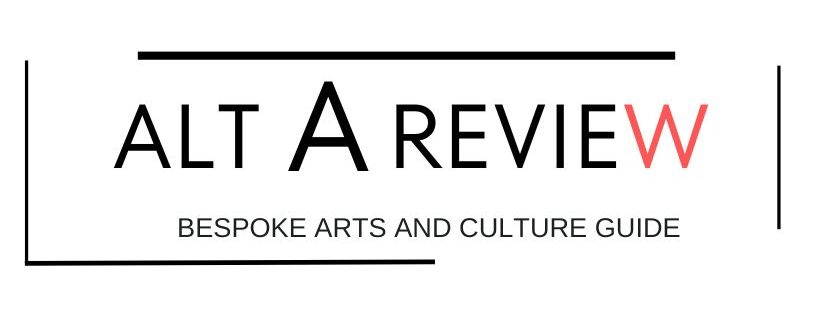“9 out of 10 BAME micro and small organisations is set to close if the crisis continues beyond 3 months following the lockdown”.
A new report by Ubele focuses on the impact of COVID-19 on the Black, Asian and Minority Ethnic (BAME) organisations who deliver services to the BAME communities. The aim is to support the sector and to inform policymakers as to the impact of COVID-19 on BAME communities and the organisations that support some of their more cultural and unique needs, that only they, through their rootedness within those communities, have been able to provide. The report covers:
- Awareness and concerns of COVID-19 Impact on the individual: initial and subsequent impact as the crisis worsened
- Financial impact on organisations Impact on service delivery and organisational preparedness Support and development needs
- The survey confirmed some areas of general concerns within the charity, community and voluntary sector but also flagged up some areas of concerns that seem to be particular to BAME organisations which included:
- Awareness and concerns of COVID-19 Impact on the individual: initial and subsequent impact as the crisis worsened
- Financial impact on organisations Impact on service delivery and organisational preparedness Support and development needs.
Yvonne Field, The Founder and Managing Director of Ubele, said:
“…there are heartfelt stories of community support, innovative and in some cases transformative thinking, heroism and deep love being shown, which in my opinion is what we need. We need to hear such stories and celebrate as they give us hope about the nature of humanity and a small insight into potential individual and collective futures. However, this piece of work into the impact of Covid-19 on BAME led organisations shows struggling BAME organisations without a lifebuoy to keep them afloat. Those few surviving organisations (many which have been in existence for up to four decades) have ended up rudderless without a clear steer as survival beckons. To rescue the BAME third sector, locally, regionally and nationally, we need more than lifeboats – we need a refit; a strong keel, a new rudder for a new direction, an anchor to ride the current and future storms. This report, against such a backdrop of a world upturned from this pandemic, provides an opportunity to reboot and rethink how we recover.”
Deputy Mayor for Social Integration, Social Mobility and Community Engagement, Debbie Weekes-Bernard, said:
“It is increasingly clear from emerging evidence that people from Black, Asian and minority ethnic backgrounds are being disproportionately affected by the outbreak of COVID-19. Existing inequalities have worsened through this crisis and it’s more important than ever that support is given to BAME community-led organisations. We are helping to support these groups through the London Community Response fund, but we need the Government to provide further support and, after a decade of austerity, acknowledge the need to deal with the structural problems in our society which have led to these inequalities.”
Particular concerns
The spread of the virus is such that, more than half of those who responded, knows of a colleague who had been diagnosed and had to self-isolate (i.e. 63% of respondents indicated that they know someone – colleague and/or volunteer – who has been self-isolating due to a diagnosis of having COVID-19)
Many of the organisations that responded to Wave 2 (n=86) have started to develop new ways of working that ensures continuity of support to those vulnerable beneficiaries of their services. As evidenced, the crisis has thrown up new sets of challenges for some organisations in terms of potential domestic violence and mental health support provisions, especially amongst young people, for example. Without support, many organisations may not be able to adapt as quickly as others, and as such, may find that they are at a stage where their work cannot continue; and for those able to adapt, they may find that they are in ‘crisis management’ mode which becomes their new ‘normal’.
Those organisations most affected are micro and small BAME organisations, that largely receive less than £10,000 and upwards to £100,000 per annum (87%).
Due to the size of the majority of those organisations responding (micro and small organisations), it was not surprising that the majority did not therefore have any ‘reserves’ (68%) with only 19% having reserves covering 3 months. Taken together, if the crisis continues beyond the notional 3 months, given the level of reserves being held, then 87% (or 9 out of 10 organisations) could conceivably cease to operate after three months; and with it, a projected 15,000 to 20,000 users per week unable to access services.
General Findings:
The crisis is affecting every single charitable organisation, and not just the BAME
organisations, in terms of a decrease in income and in having to seek opportunities to plug those gaps.
Organisations have embraced the government’s guidelines around social distancing and
working from home, with over 80% indicating that they are practicing social distancing.
As no one can be sure how long the ‘crisis’, and therefore the ‘lockdown’, will last, there is a real understanding that the crisis will be with us for longer than a few weeks, and as such, organisations are having to look at new ways of working using ‘digital platforms’.
The report was carried out by the Ubele Initiative (Ubele), a civil society organisation based in London, though works across the United Kingdom and Europe, working with disadvantaged communities, most notably black and minority ethnic (BAME) communities.
Ubele is taken from Swahili to mean ‘The Future’ and is an African Diaspora led intergenerational social enterprise founded in 2014 with a primary mission is to help build more sustainable communities across the UK. View the full report here.











